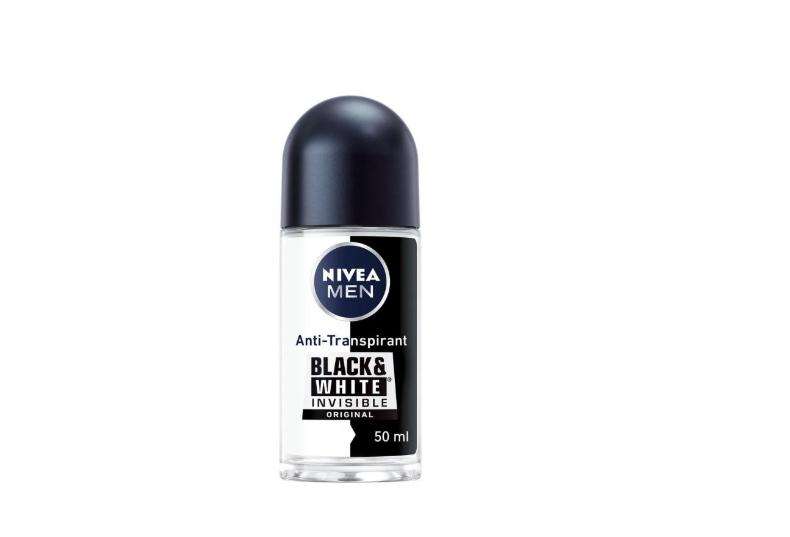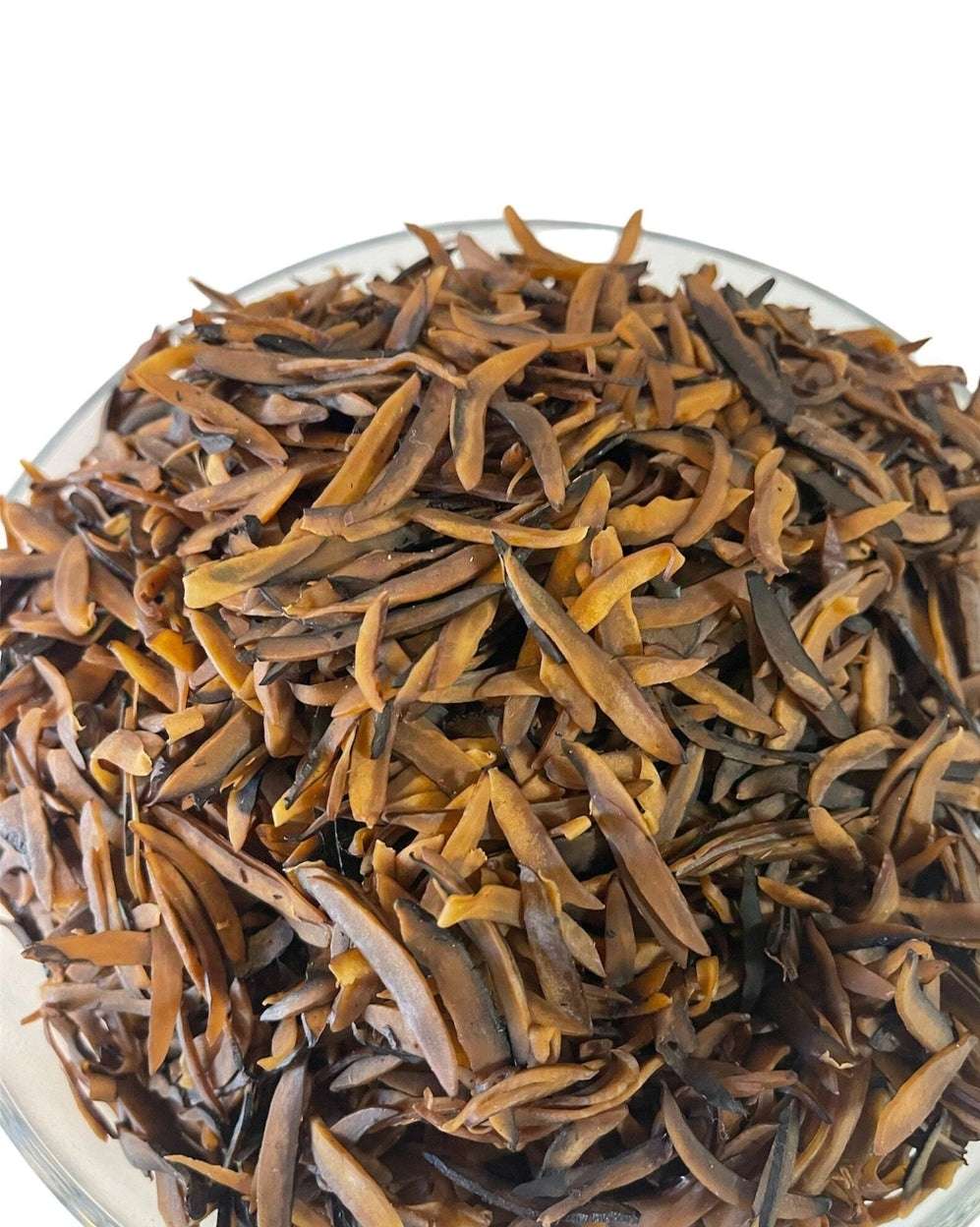Place your adverts here on InfoDig @ low rates; banner ads, sponsored links and guest articles etc. Contact us
 Nivea Black & White Invisible Body Deodorant
Nivea Black & White Invisible Body DeodorantThe National Agency for Food and Drug Administration and Control (NAFDAC) has issued an urgent advisory, warning Nigerians against the use of Nivea Black & White Invisible Body Deodorant, produced by Beiersdorf AG, a Germany-based multinational known for personal care products.
According to NAFDAC, the deodorant has been recalled in Europe due to the presence of 2-(4-tert-Butylbenzyl propionaldehyde), also known as BMHCA, a chemical prohibited for use in cosmetics due to health risks.
In a statement issued on Thursday via it’s Official X platform, NAFDAC described the risks posed by BMHCA, explaining that the chemical could cause skin irritation and has been linked to potential harm to reproductive health and risks for an unborn child. “The recalled Nivea product is said to contain 2-(4-tert-Butylbenzyl propionaldehyde (BMHCA), a chemical prohibited in cosmetic products due to its ability to cause harm to the reproductive system, impair the health of an unborn child, as well as skin irritation and burns to users,” NAFDAC stated.
The agency noted that the product is listed on the European Union’s Rapid Alert System for Dangerous Non-Food Products (RAPEX), with authorities in Brussels identifying the chemical as unsafe for consumer use. NAFDAC further clarified that the Nivea Black & White Invisible series, which markets itself as a “no-stains” deodorant, is designed to prevent deodorant marks on clothing but remains unsuitable for use due to the identified health hazards.
NAFDAC urged importers, distributors, and consumers to discontinue the sale and use of the product. “Importers, distributors, retailers, and consumers are advised to exercise caution and vigilance within the supply chain to avoid the importation, distribution, sale, and use of the above-mentioned Nivea Roll-on with the affected batch. Members of the public in possession of the affected batch of product should discontinue the sale or use and submit stock to the nearest NAFDAC office,” the agency advised.
NAFDAC requested healthcare professionals and the public to report any adverse reactions related to this or other regulated products via its pharmacovigilance channels.

 1 hour ago
28
1 hour ago
28















